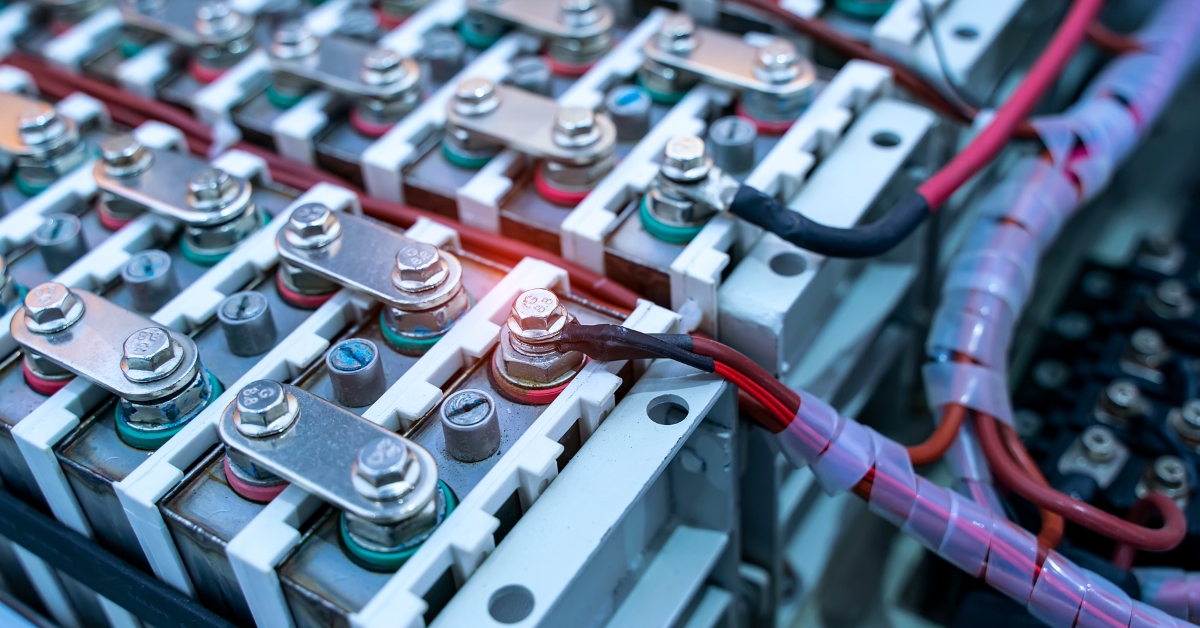
Rushing to Green Energy Risks a Grid Reliability Crisis
As the United States rushes to overhaul its power grid in the name of decarbonization, we’re teetering on the brink of an impending energy crisis. This crisis is largely due to impractical timelines set by unelected activists, putting the nation’s energy supply at risk without consideration of the tremendous costs involved. President Biden’s carbon-free electricity goal by 2035, coupled with the proposed $369 billion Inflation Reduction Act for renewable energy, puts a large financial burden on American taxpayers. Moreover, the swift closure of fossil-fueled power plants mandated by Environmental Protection Agency (EPA) regulations further disrupts an orderly energy transition.
The top-down approach of shifting energy generation toward less reliable sources like wind and solar jeopardizes grid stability and could lead to frequent power outages, ultimately damaging the nation’s economic stability. In the past, the U.S. has experienced energy vulnerabilities when relying on foreign sources and precarious supply chains. Critics of this approach have repeatedly warned of an imminent disconnect between retiring dispatchable resources, rising energy demand, and the slow integration of equally dependable alternatives. Coal-powered plants, for example, produce electricity far more reliably than wind turbines and solar panels.
Recognizing the dangers of these policy decisions, Congress is starting to take action. Leading energy experts, organizations like the North American Electric Reliability Corporation (NERC), and Federal Energy Regulatory Commission (FERC) Commissioner Mark Christie have all voiced concerns. Commissioner Christie aptly advises, “If the fundamental problem we’re facing is we’re shutting down dispatchable resources far too prematurely, then the answer is to stop shutting down dispatchable resources far too prematurely.”
However, the EPA seems to be pushing forward. The proposed Carbon Rule effectively bans coal-fired generation by imposing an unreasonable deadline of 2030 for carbon capture and storage and other unproven technologies. Grid operators like PJM, Midcontinent Independent System Operator, Southwest Power Pool, and the Electric Reliability Council of Texas have cautioned that this rule, combined with other EPA policies, will expedite the retirement of generation resources crucial for grid reliability. EPA Administrator Michael Regan downplays the rule’s potential impact, but widespread closures are inevitable given the deadline and compliance costs.
With utilities already planning to close over 40% of coal-fired capacity by 2030, this rule adds uncertainty for those who have postponed retirement due to reliability and supply chain concerns. The EPA should withdraw this rule.
The key to averting an energy crisis lies in conducting reliability analyses for all EPA regulations affecting the electricity sector. NERC President Jim Robb emphasized that the electric grid is inching closer to the precipice of more frequent and severe disruptions. We are at a tipping point, and America’s electric grid demands the focused attention of federal authorities, grid operators, and state utility commissions. There’s no room for error, as the consequences of getting it wrong are something Americans cannot afford.














